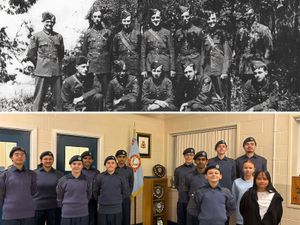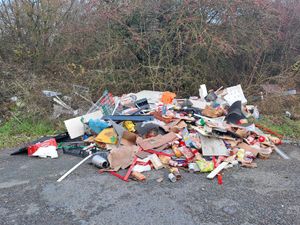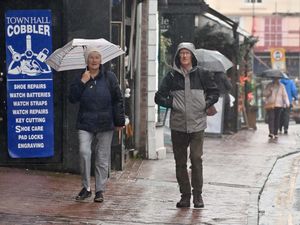'Shropshire bus services have been reduced to a dire state, it's unacceptable' - MP tells Parliament concerns over public transport services
Bus services in North Shropshire have been "reduced to a dire state" in recent years, an MP has told Parliament.
Speaking as the Government announced its Bus Services Bill this week, Helen Morgan MP raised concerns that a Market Drayton residents face a five-hour round bus trip if they wish to travel to the Princess Royal Hospital (PRH) in Telford.
She described the current situation in the county as "unacceptable", and said young people living in rural communities are left with a "lack of choice over their education" and "lack of opportunity for socialising".
Mrs Morgan told MPs that school pupils are missing out on attending afterschool clubs due to there being no busses and that disabled residents within her constituency of North Shropshire are "fully dependent" on family members and friends to travel where they need to.
The Government stated that its Bus Services Bill will "protect thousands of miles of vital bus routes", and "end the plight of bus routes being scrapped at short notice, tightening requirements for cancelling vital bus routes".
It said local councils will identify "socially necessary" local services and work with bus operators to put "strict requirements" in place before these services can be changed or cancelled.
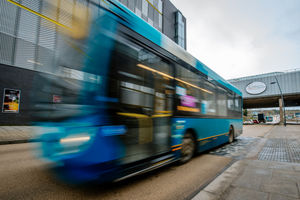
Shropshire Council is continuing to "consider" improvements to bus services across Shropshire, including a possible new Whitchurch to Market Drayton to Wellington service that would provide easier travel to the PRH. The authority added that further announcements will be made "shortly".
In November, the Government allocated £1 billion of funding for buses, but Mrs Morgan has expressed her outrage that Shropshire Council received £1.4 million in capital funding and £2.5 million in revenue funding for this financial year - the 53rd lowest of 73 allocations.
Speaking in the House of Commons on Monday (June 2), the Liberal Democrat MP, who is the granddaughter of a London bus driver, welcomed the bill, and outlined her concerns about bus services in the region.
"Bus services have been reduced to a dire state in my North Shropshire constituency in recent years," she said.
"We are one of the worst-served constituencies in England for public transport, having seen a staggering 63 per cent reduction of our bus miles since 2015, that compares with an English average reduction of just 19 per cent.
"A person in Market Drayton who wants to get to the Princess Royal hospital in Telford, which is a 20-minute car journey, is looking at something like a five-hour round trip on the bus. Only one service operates on Sundays in the whole county, between the market towns of Oswestry and Chester. In short, the current situation is unacceptable.
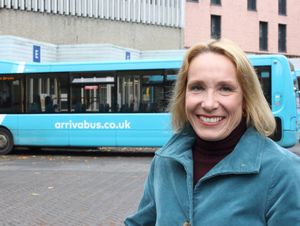
"Just before recess, I met students from Lakelands academy in Ellesmere at Parliament’s education centre and answered their questions. One young woman asked me what we were doing to make bus services better, because she could not go with her friends to any after-school clubs due to her bus not running back to St Martin’s past 3.30pm. I recently met members of the Oswestry Youth Forum, and they raised similar concerns.
"Young people in rural communities are now presented with a childhood confined to the small village or town they live in, and they are left with a lack of choice over their education, a lack of opportunity for socialising and taking part in activities outside school, and shrinking horizons. Ultimately, their options for employment can be significantly curtailed - unless, of course, their parents can afford to give them a car.
"Meanwhile, older or disabled constituents who are no longer able to drive, or simply cannot afford to, are fully dependent on family members and friends to get them to where they need to be. I think everybody in this House would agree that this is driving deep and fundamental inequality, as well as holding back the economy in rural areas."

